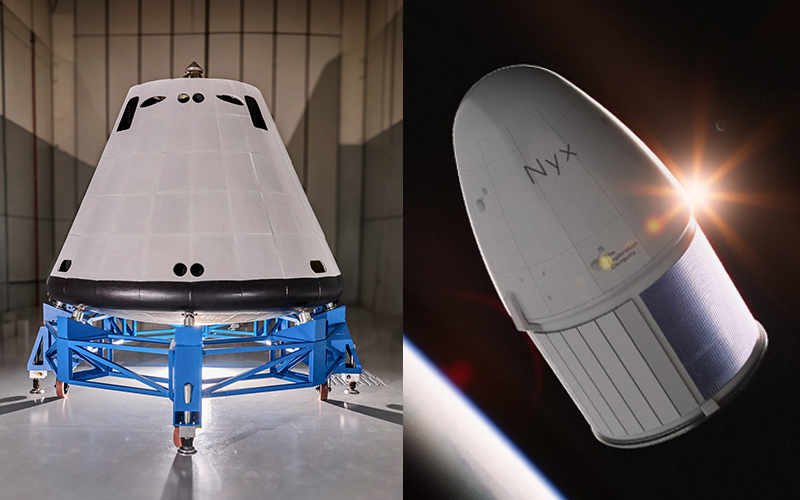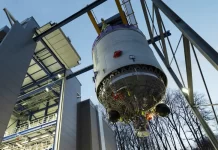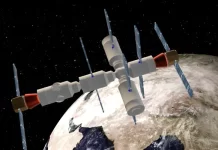
The European Space Agency has issued an initial Request for Information for Phase 2 of its LEO Cargo Return Service initiative, aiming to identify additional potential bidders beyond those awarded contracts in Phase 1.
In November 2023, ESA member states approved the LEO Cargo Return Service initiative, allocating €75 million from the agency’s existing budget to launch Phase 1 of the initiative. The primary aim of the initiative is to support the development of commercially operated spacecraft capable of transporting cargo to and from low Earth orbit. This includes an ESA-contracted demonstration mission to the International Space Station which must take place no later than 2028.
On 22 May 2024, ESA announced that it had awarded of Phase 1 contracts to The Exploration Company and Thales Alenia Space, with each company receiving €25 million. The initial phase of development is focused on advancing each company’s vehicle design, addressing mission requirements, system architectures, technology maturation, and de-risking activities. According to ESA, this process is expected to be completed in June 2026.
As the two Phase 1 awardees continue developing their respective vehicles, ESA is looking ahead to Phase 2 with the publication of a Request for Information (RFI) call on 4 February. The primary aim of the call is to identify additional potential bidders who did not receive Phase 1 contracts but are still positioned to compete for a Phase 2 contract, which will be awarded in 2026.
While funding for Phase 1 was drawn from ESA’s existing budget, funding for Phase 2 will require approval from member states during the agency’s Ministerial Council meeting in November. The RFI is likely part of ESA’s preparation for its proposal to member states, ensuring the broadest scope of the initiative is understood.




